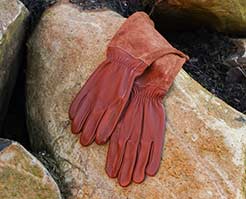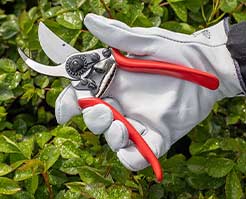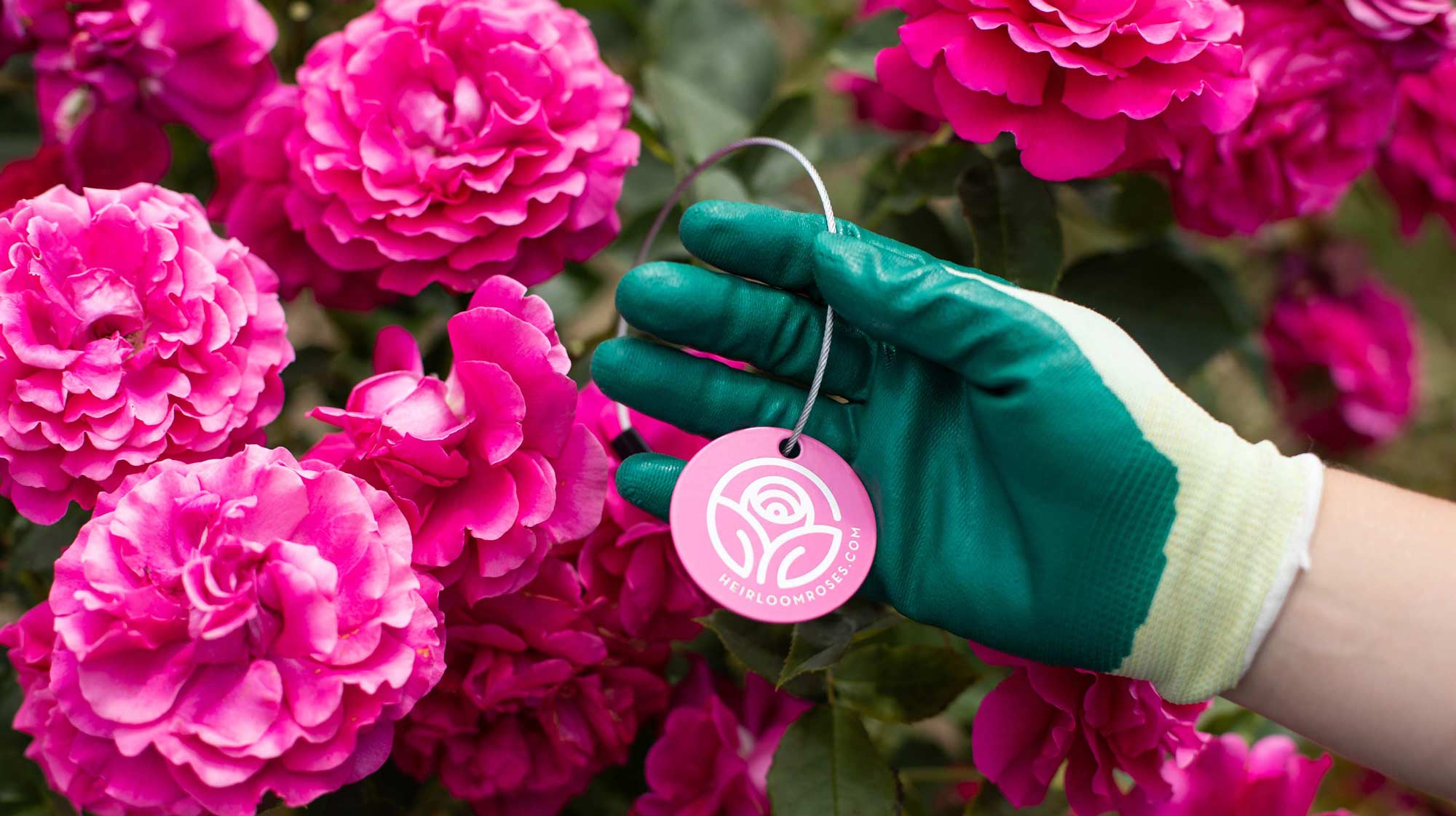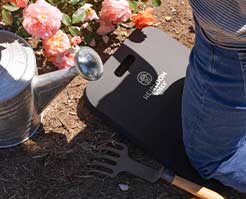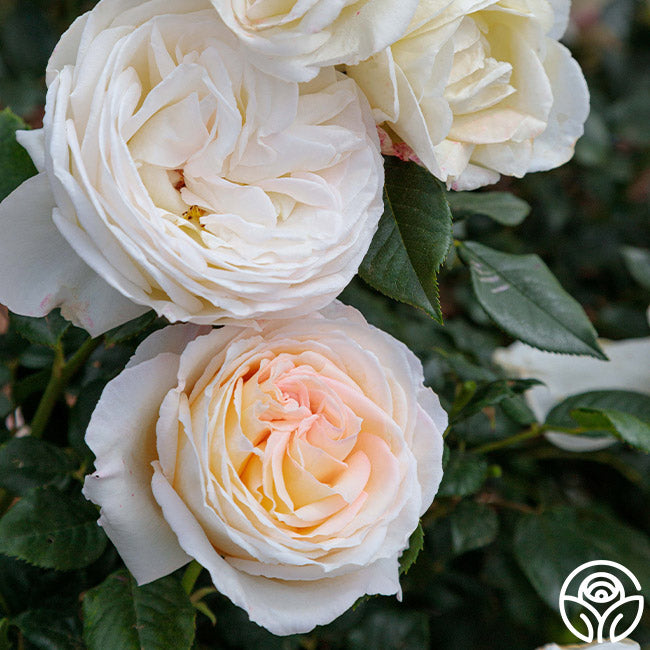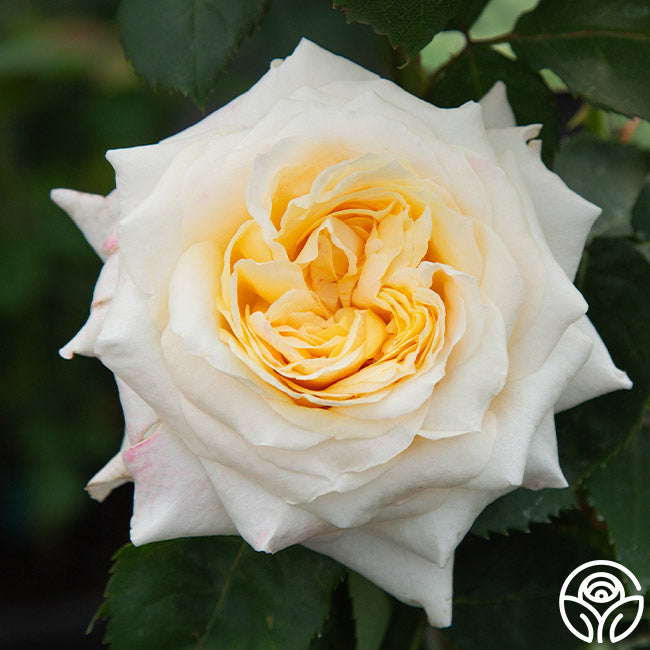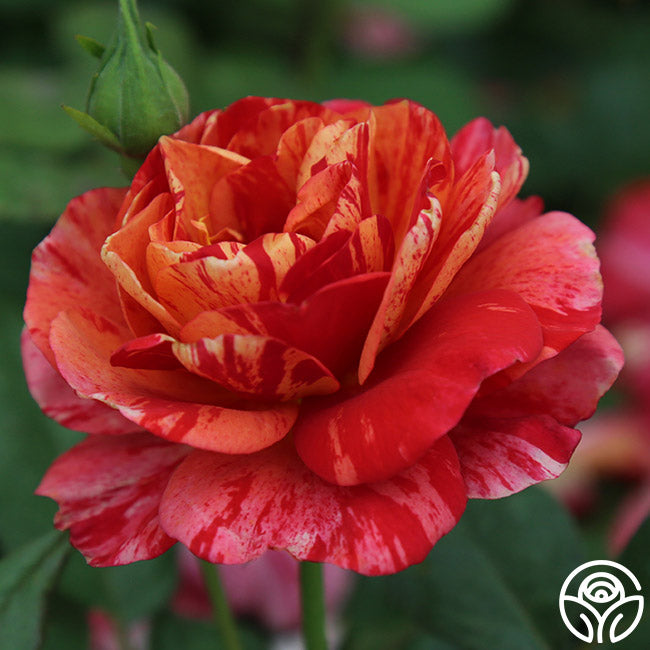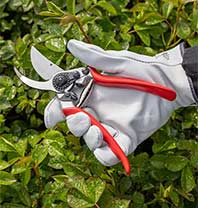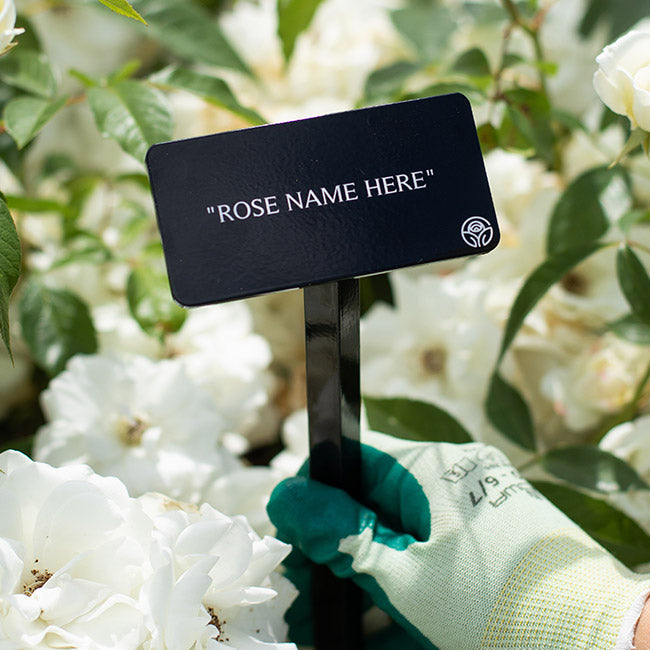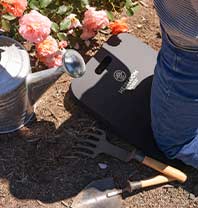Beneficial Insects
If you're looking for instructions for your beneficial insect subscription, click here.
If you're looking to keep your garden healthy and vibrant without the use of harsh pesticides, beneficial insects are a great solution. By introducing natural predators into your garden, you can control pests and improve the health of your plants without harming the environment. Heirloom Roses offers a curated variety of beneficial insects in our Monthly Subscription Program that can help protect your garden all season long.
Cucumeris:
-
Cucumeris is a type of predatory mite that feeds on Western Flower Thrips, other thrips, and Two-Spotted Spider Mites. These tiny creatures are slow-release and come in sachets that can prevent pests for up to 2-3 weeks. Cucumeris has a lifespan of 40 days and can consume pests consistently during that time. They are most effective in temperatures between 58-80 degrees and a relative humidity of 65-72%, however, they can still operate outside of these temperature margins effectively. In the absence of prey, they can also feed on pollen.
Californicus:
-
Californicus is a type of predatory mite that is mainly known for its ability to hunt in conditions where prey is scarce. They prefer Tetranychid mites, but will also consume other mite species, as well as small insects like thrips. This beneficial insect is most effective in low prey density and can tolerate a wide range of humidity and temperatures. N. Californicus is commonly used commercially around the world to control Two-Spotted Spider Mite and several other economically important mites on avocado, citrus, dwarf hops, grapes, raspberries, roses, and other ornamentals.
Lacewing Larvae:
-
Lacewing larvae can consume up to 300-400 aphids during a 2-3 week period in ideal conditions. These larvae are best for controlling aphid flare ups and can be released within 24 hours of first signs of emergence. They are attracted to sugar sources like honeydew and require a temperature of at least 60º F for significant eating and egg-laying. It is recommended to keep them warm (75º to 90º F) and release them near a large food source. Due to being an aggressive species, it is optimal to disperse them evenly throughout the canopy. In ideal conditions, each adult can lay up to 600 eggs.
Beneficial nematodes:
Beneficial nematodes (Steinernema feltiae & carpocapsae) are microscopic insects that target soil-dwelling pests, including fungus gnats, thrips, root weevils, and beetle larvae. Once applied, they actively seek out hosts, entering through natural openings and releasing bacteria that eliminate pests. Best applied directly to the soil, they can also be sprayed in the evening onto foliage where insect activity is high. They are UV-sensitive and most effective in moist soil conditions between 55-85º F. Nematodes can be applied using a watering can, pump sprayer, or hose-end proportioner. Safe for plants, pets, and people, they provide a natural and effective solution for pest control.
Encarsia:
-
Encarsia are a type of parasitic wasp that are used to control whitefly. These wasps lay their eggs in the second to fourth instar stages of whiteflies, and the larvae feed on developing whiteflies for around three weeks until reaching adulthood, when they emerge to lay more eggs in hosts. Encarsia can live for up to one month as adults and lay up to 200 eggs in that period, making them more prolific than their target pests.
Trichogramma:
- Trichogramma are tiny parasitic wasps that help control pests by attacking the eggs of moths and butterflies (lepidopteran pests). They are especially good at finding and stopping pests before they hatch, and can even use non-pest eggs when needed. A single Trichogramma can parasitize up to 300 eggs during its lifetime. They work best in areas without pesticides, with temperatures between 70–90°F and humidity between 50–80%, but they can still be effective outside of those conditions. This mix includes three helpful species: Trichogramma platneri, Trichogramma minutum, and Trichogramma brassicae.
Beneficial insects offer a natural and effective way to manage pests while promoting a balanced garden ecosystem. From mites and thrips to aphids and whiteflies, these predators target common garden pests without the need for synthetic chemicals. By introducing them, you help control infestations while protecting pollinators and other beneficial organisms. Using Heirloom Roses' Beneficial Insect Subscription will provide your garden with ongoing protection to keep your plants healthy, thriving, and at peak performance with minimal environmental impact.














